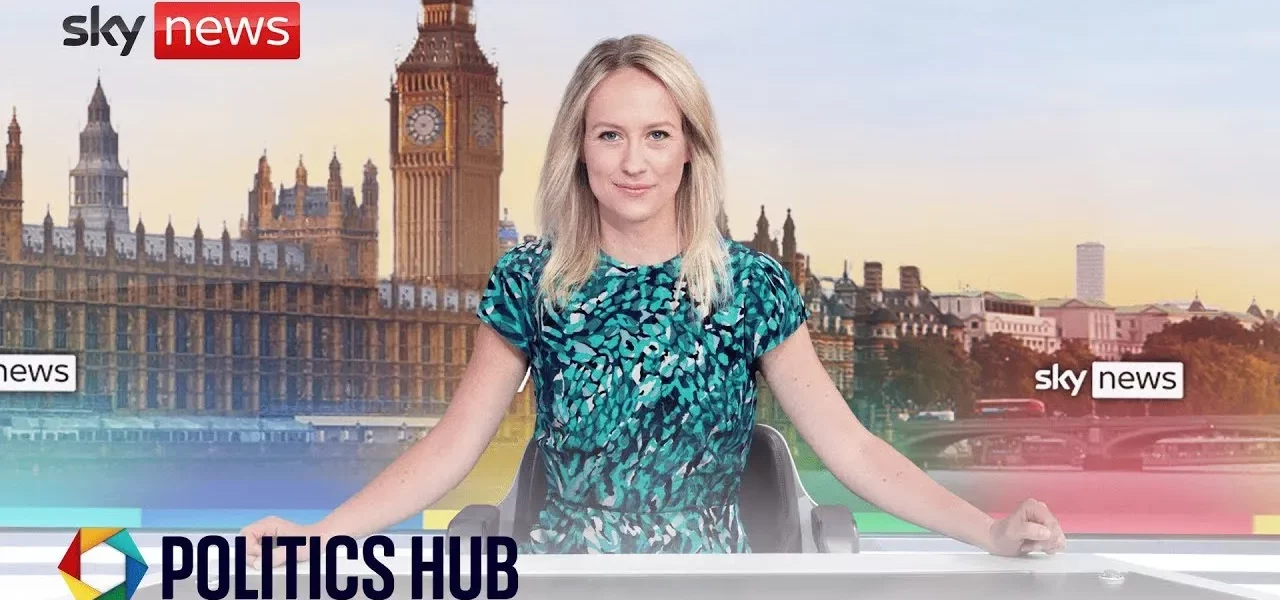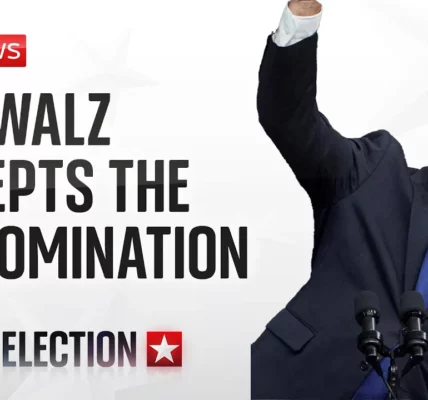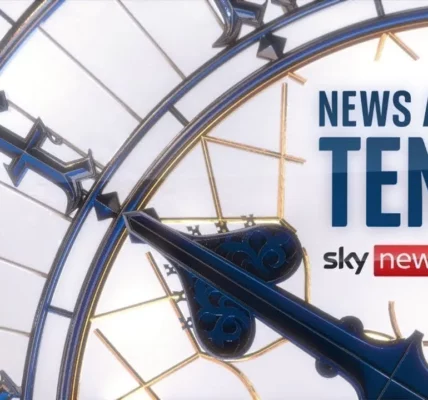Tonight’s Spending Cuts and Tax Rises: Painful Budget Ahead

This article explores the implications of the Chancellor’s upcoming budget amidst the backdrop of stagnant economic growth, emphasizing the urgent need for strategic measures to stabilize the UK economy.
Introduction
The UK economy is at a critical juncture, facing significant challenges as Chancellor Rachel Reeves prepares for what is expected to be a painful budget next month. Recent data indicating that the economy flatlined in July has raised alarms about the government’s financial strategy. With calls for spending cuts and tax rises ringing louder, the debate around achieving sustainable economic growth has intensified. This article delves into the key factors influencing the current economic landscape and discusses potential strategies for recovery.
The Current Economic Landscape
As reported by the Office for National Statistics, the UK economy recorded a surprising growth rate of 0% in July. This stagnation follows similar trends observed in June, where growth was also absent. The last notable increase occurred in May, with a modest growth of 0.4%. Such figures paint a concerning picture of economic health, prompting urgent discussions among policymakers.
Impacts of Stagnation
The implications of a flatlining economy are profound, affecting public services, job creation, and overall economic stability. Key impacts include:
- Increased pressure on public finances, leading to potential cuts in essential services.
- A rise in unemployment rates as businesses struggle to maintain operations.
- Reduced investor confidence, further stalling economic growth.
Government Response: Spending Cuts and Tax Rises
Chancellor Rachel Reeves has signaled that tough measures will be necessary to stabilize the economy. As the government grapples with a £22 billion black hole in public finances, the need for a balanced approach involving spending cuts, tax increases, and borrowing has become evident.
Rachel Reeves’ Strategy
Reeves insists that while painful decisions must be made, they are essential for long-term stability and growth. Key components of her strategy include:
- Implementing new regulations on workers’ rights, aimed at enhancing job security.
- Increasing taxes on higher earners to bolster public spending.
- Investing in sectors that can stimulate growth, such as technology and innovation.
Opposition Concerns
Former Conservative Minister Nadim Zahawi has expressed concerns that the Chancellor’s approach could drive wealth creators out of the country. His warnings highlight a broader fear that excessive taxation could deter high talent from remaining in the UK, thereby stalling economic recovery.
The Role of Celebrity Endorsements in Politics
In a surprising turn of events, celebrity endorsements have started to play a crucial role in political campaigns. Recently, Kamala Harris received a significant boost from Taylor Swift, who publicly declared her support for the Vice President following a lively debate against Donald Trump.
The Impact of Celebrity Influence
Celebrity endorsements can sway public opinion, particularly among younger voters. The effectiveness of such endorsements can be seen in the following ways:
- Increased visibility and media coverage for the endorsed candidate.
- Engagement of demographics that might otherwise remain politically apathetic.
- Creation of a cultural narrative that aligns with the candidate’s platform.
Conclusion
The upcoming budget is poised to be a pivotal moment for the UK economy. As Chancellor Rachel Reeves navigates the complexities of spending cuts and tax rises, the focus remains on achieving growth amidst challenging circumstances. Stakeholders across the board will be watching closely to see if her strategies can lead to the desired economic recovery. It is crucial for citizens to stay informed and engaged with these developments as they unfold.
For further insights on economic policies and political analysis, explore our related articles on government spending and fiscal responsibility.
“`




